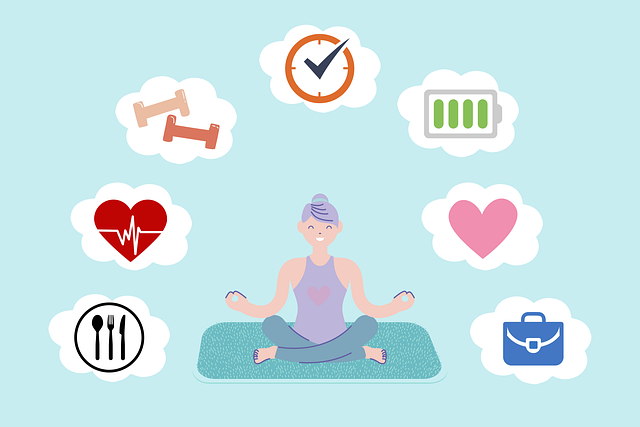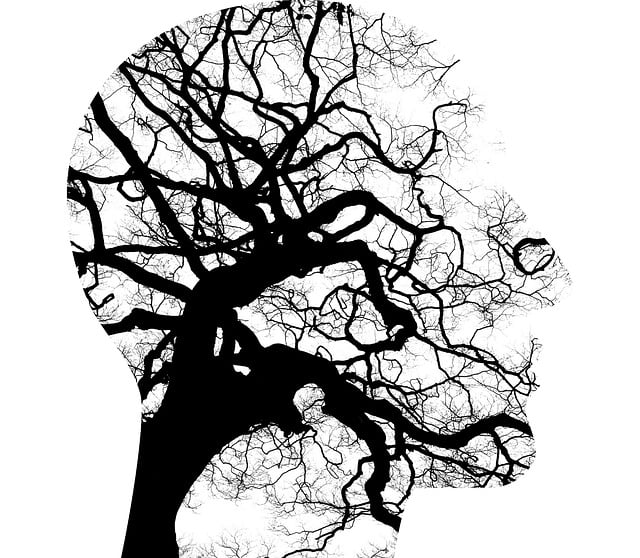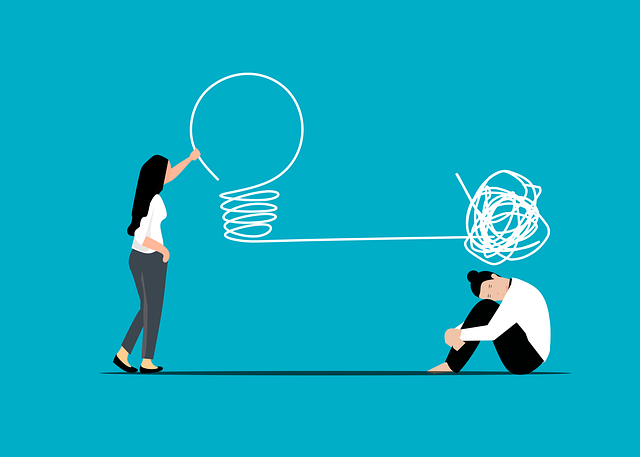In today's fast-paced world, prioritizing self-care is crucial for mental wellbeing, often neglected due to busy schedules and societal pressures. Colorado Springs Alcohol Abuse Therapy plays a vital role in addressing mental health challenges by fostering resilience. Increased mental health awareness and reduced stigma highlight the need for accessible self-care strategies. Personalized self-care routines, including exercise, mindfulness, and therapy, enhance well-being by managing stress, improving physical health, and cultivating positive mindsets. Integrating these practices into daily life boosts resilience and happiness. Overcoming barriers to consistent self-care, with professional guidance like Colorado Springs Alcohol Abuse Therapy, is essential for overall mental health recovery and enhanced quality of life in this vibrant city.
In today’s fast-paced world, prioritizing self-care is essential for maintaining mental wellbeing. This comprehensive guide explores the significance of self-care practices and provides practical strategies for improvement. From understanding the impact on mental health to identifying personal needs, integrating routines into daily life, overcoming barriers, and leveraging Colorado Springs Alcohol Abuse Therapy as a supportive resource, discover how to cultivate a healthier, more balanced you.
- Understanding the Importance of Self-Care for Mental Wellbeing
- Identifying Personal Self-Care Needs and Priorities
- Integrating Effective Self-Care Routines into Daily Life
- Overcoming Barriers to Consistent Self-Care Practices
- The Role of Colorado Springs Alcohol Abuse Therapy in Enhancing Self-Care
Understanding the Importance of Self-Care for Mental Wellbeing

In today’s fast-paced world, prioritizing self-care is essential for maintaining optimal mental wellbeing. Often overlooked or pushed aside due to busy schedules and societal pressures, self-care practices like Colorado Springs Alcohol Abuse Therapy play a pivotal role in fostering resilience against mental health challenges. Understanding the intricate link between self-care and mental wellness is crucial, as it empowers individuals to take proactive steps towards enhancing their overall life satisfaction and emotional equilibrium.
Mental Health Awareness has become more prominent, thanks in part to reduced Mental Illness Stigma through various initiatives. This increased awareness highlights the need for accessible and effective self-care strategies. By integrating practices that nurture both physical and mental health—from regular exercise to mindfulness techniques and therapy—individuals can cultivate a healthier relationship with themselves, ultimately preventing or managing mental health issues more effectively.
Identifying Personal Self-Care Needs and Priorities

Identifying your personal self-care needs is a crucial step towards enhancing your overall well-being and quality of life, especially in Colorado Springs where access to various therapy options, including Colorado Springs Alcohol Abuse Therapy, is readily available. It involves taking time to reflect and understand what activities, practices, and habits fill your energy reserves, alleviate stress, and contribute to a positive state of mind. This process often requires introspection and honesty about one’s emotional needs, as well as an awareness of any underlying mental health issues that may need professional attention.
Self-care is not one-size-fits-all; it’s tailored to individual preferences and life circumstances. Prioritizing self-care activities like mood management techniques, engaging in emotional healing processes, or practicing depression prevention strategies can significantly impact your ability to cope with challenges and enhance your resilience. By recognizing and addressing these needs, individuals can cultivate a healthier relationship with themselves, leading to improved mental and physical health.
Integrating Effective Self-Care Routines into Daily Life

Integrating effective self-care routines into daily life is a transformative step towards holistic well-being. In the fast-paced world we live in, it’s easy to neglect our mental and emotional health, often prioritizing others’ needs before our own. However, cultivating a consistent self-care practice can significantly enhance resilience and overall happiness. Start by identifying personal needs—whether that’s dedicated time for exercise, meditation, creative pursuits, or quality sleep. Incorporate these activities into your schedule, treating them as non-negotiable appointments with yourself. For instance, setting an alarm for morning yoga or carving out an evening for a relaxing bath can signal to your mind and body that self-care is a priority.
Seeking professional guidance can also be immensely beneficial. Colorado Springs Alcohol Abuse Therapy, for example, offers specialized services tailored to address substance abuse and mental health concerns. Through therapy sessions, individuals learn valuable communication strategies (Mental Health Policy Analysis and Advocacy) to express their needs and set boundaries, fostering better relationships and a stronger sense of self-worth (Self-Esteem Improvement). By combining personal initiatives and professional support, one can create a robust self-care framework that supports both mental health recovery and overall well-being.
Overcoming Barriers to Consistent Self-Care Practices

Overcoming barriers to consistent self-care practices is a significant step toward overall well-being, especially in areas like Colorado Springs where access to mental health services, including alcohol abuse therapy, plays a crucial role. Many individuals struggle with incorporating self-care into their daily routines due to various reasons. One of the primary hurdles is the pervasive mental illness stigma, which can deter people from seeking help and engaging in activities that promote self-preservation.
Crisis intervention guidance offers strategies to navigate these challenges. By normalizing conversations around self-care and mental health, communities can foster an environment where individuals feel comfortable prioritizing their well-being. Mental illness stigma reduction efforts, coupled with accessible resources like Colorado Springs alcohol abuse therapy, can help break down barriers and encourage a culture of self-care, ultimately enhancing the quality of life for all residents.
The Role of Colorado Springs Alcohol Abuse Therapy in Enhancing Self-Care

In the journey towards enhancing self-care practices, Colorado Springs Alcohol Abuse Therapy plays a pivotal role in addressing underlying issues that often hinder personal well-being. This specialized therapy focuses on helping individuals manage and overcome substance abuse problems, recognizing their profound impact on mental health and overall self-care. Through evidence-based approaches tailored to each client’s unique needs, therapists foster a safe space for exploration and healing.
The therapeutic process not only targets alcohol abuse but also integrates essential aspects like healthcare provider cultural competency training, depression prevention strategies, and resilience building. By equipping individuals with the necessary tools and insights, Colorado Springs Alcohol Abuse Therapy empowers them to make informed choices, develop healthy coping mechanisms, and cultivate a deeper sense of self-care, ultimately enhancing their overall quality of life.
Self-care is not just a trend; it’s a vital component for maintaining mental wellbeing. By understanding your personal needs, integrating routines, and overcoming barriers, you can achieve a healthier, happier life. Colorado Springs Alcohol Abuse Therapy plays a crucial role in enhancing self-care practices, especially by addressing underlying issues that may hinder consistent care. Remember, prioritizing self-care is not only beneficial for individuals but also enriches relationships and contributes to a more fulfilling life.














